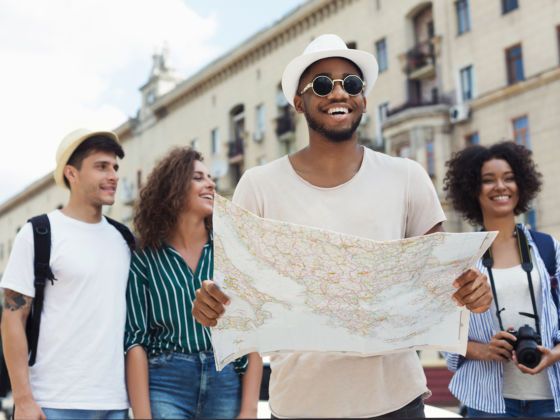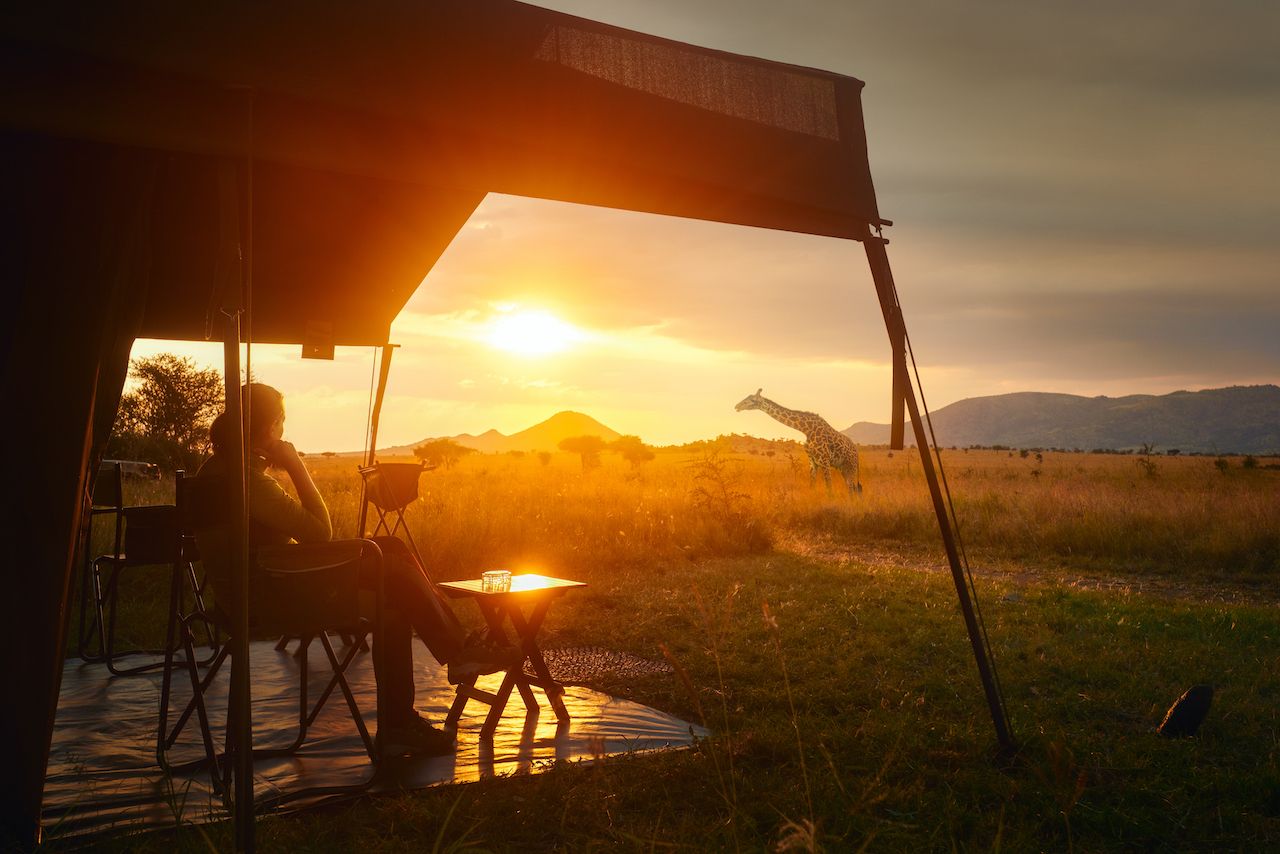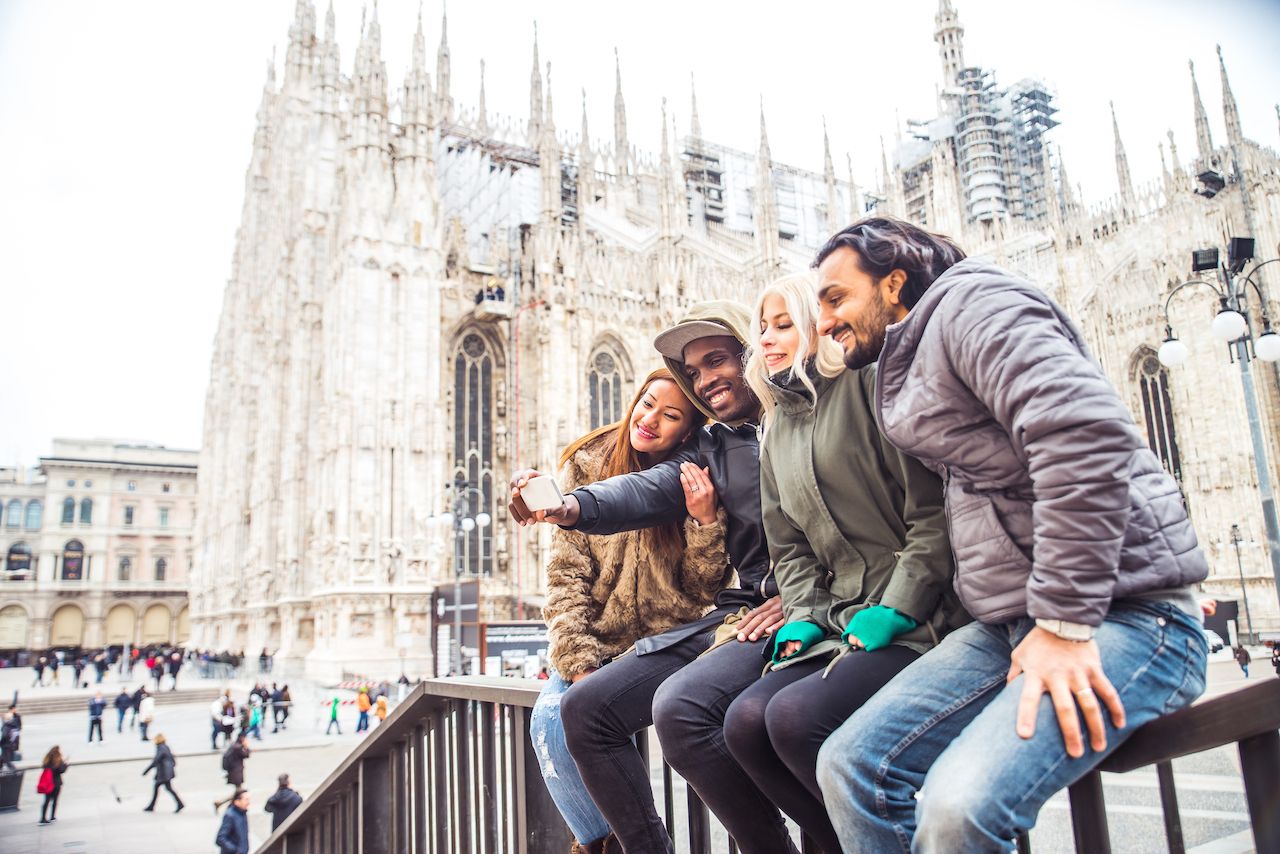A world in which we can once again travel freely is creeping into view.
Greece has announced its plans to welcome international travelers by June 15. Mexico’s Los Cabos and Quintana Roo, home to tourist magnets Cancun and Tulum, hope to start reopening on the first, while St. Lucia intends to be the first Caribbean island to reinstate tourism. Iceland is similarly looking to ease restrictions in a matter of weeks, pledging to provide COVID-19 tests at Keflavik International Airport to determine if visitors will be required to quarantine for 14 days upon arrival.


